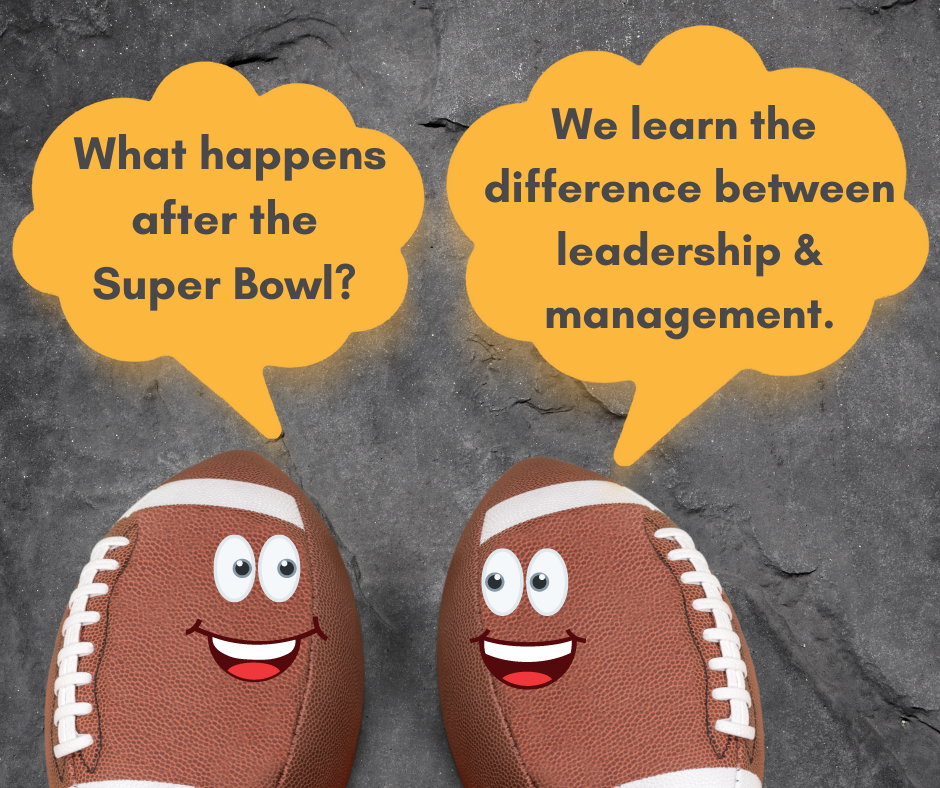You may already know that our main focus at Diamond6 is to "learn from the past, to prepare for the future".
We do need to get one thing straight.
The past is 150 years ago when we talk about the Battle of Gettysburg and the leadership of President Lincoln during one of the greatest transitions in American history.
It is 80 years ago when Pearl Harbor was attacked, leading to our formal entry into World War 2.
And, it is 50 years ago when the Watergate scandal led to President Nixon's resignation.
Leaders must also learn from a more recent past.
Almost 12 months ago, on February 24, 2022, Russia invaded Ukraine. This move was a major escalation in a war that has been ongoing since 2014.
Nearly one year after this brazen move by Russian president Vladimir Putin, over 9,000 Ukrainian civilians have been killed, to include 500 children.
The world has also gotten a front row seat to the slow and steady crumbling of the Russian leader whose "iron fist" is experiencing a fight he did not expect, from Ukraine, the world, and increasingly, his own citizens.
Jeff is now offering the seminar, Leadership Lessons from the War in Ukraine to our clients.
This can be a single presentation done in-person or virtually. It can also be part of a larger workshop.
In this presentation Jeff uses current events in the war in Ukraine, stories from history, and thought-provoking questions to highlight and explain irrefutable leadership lessons that are critical for corporate, education, and nonprofit leaders to understand.
Participants will learn key tenets of effective strategic leadership and where leaders often fail in implementing strategy. Plus, he identifies ways to create organizational cohesion and how to stay focused on what is most important, despite distractions.
Jeff also ties in his background in crisis leadership and the media to give participants a 360 degree view of the war, it's current impact, and future implications.
This presentation was created due to demand. Clients in education, agriculture, and in business have been asking Jeff his thoughts and insights on this very topic.
Understanding this recent past can help leaders at all levels prepare for the future.
Interested? Feel free to send us an email to info@diamondsixleadership.comand we can send you more information.











